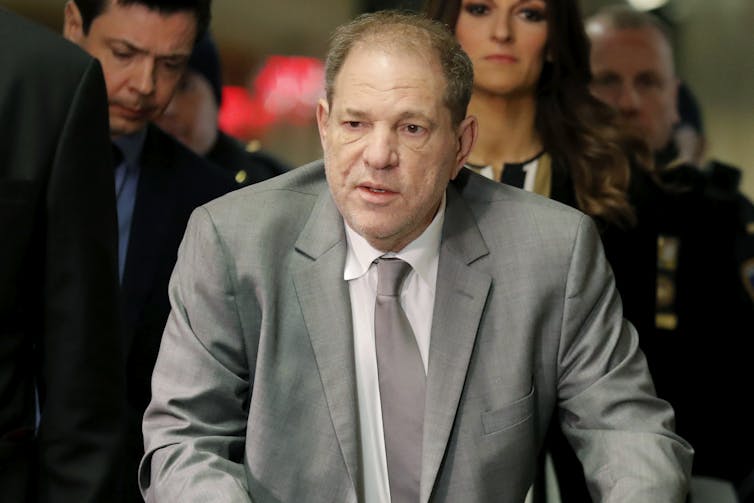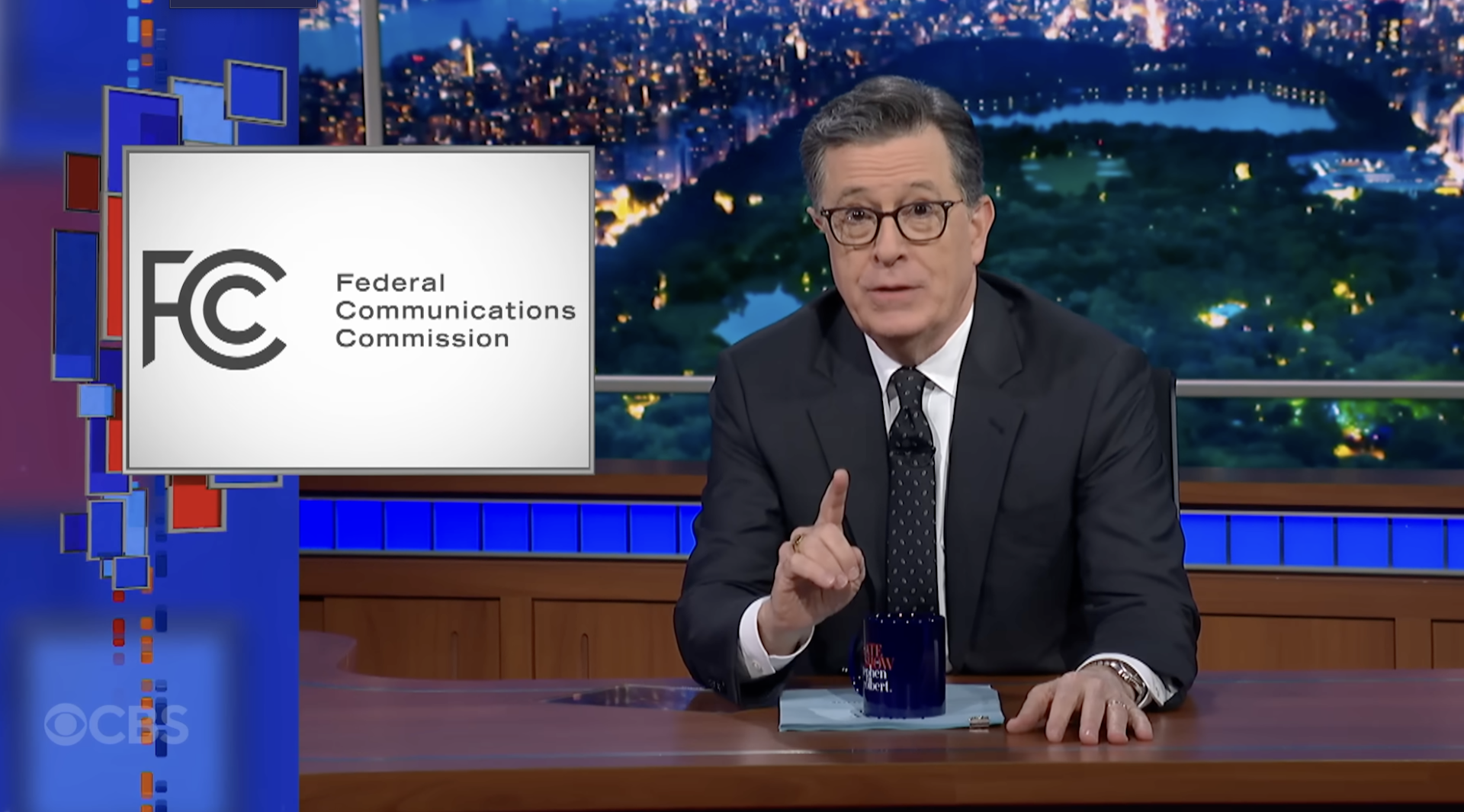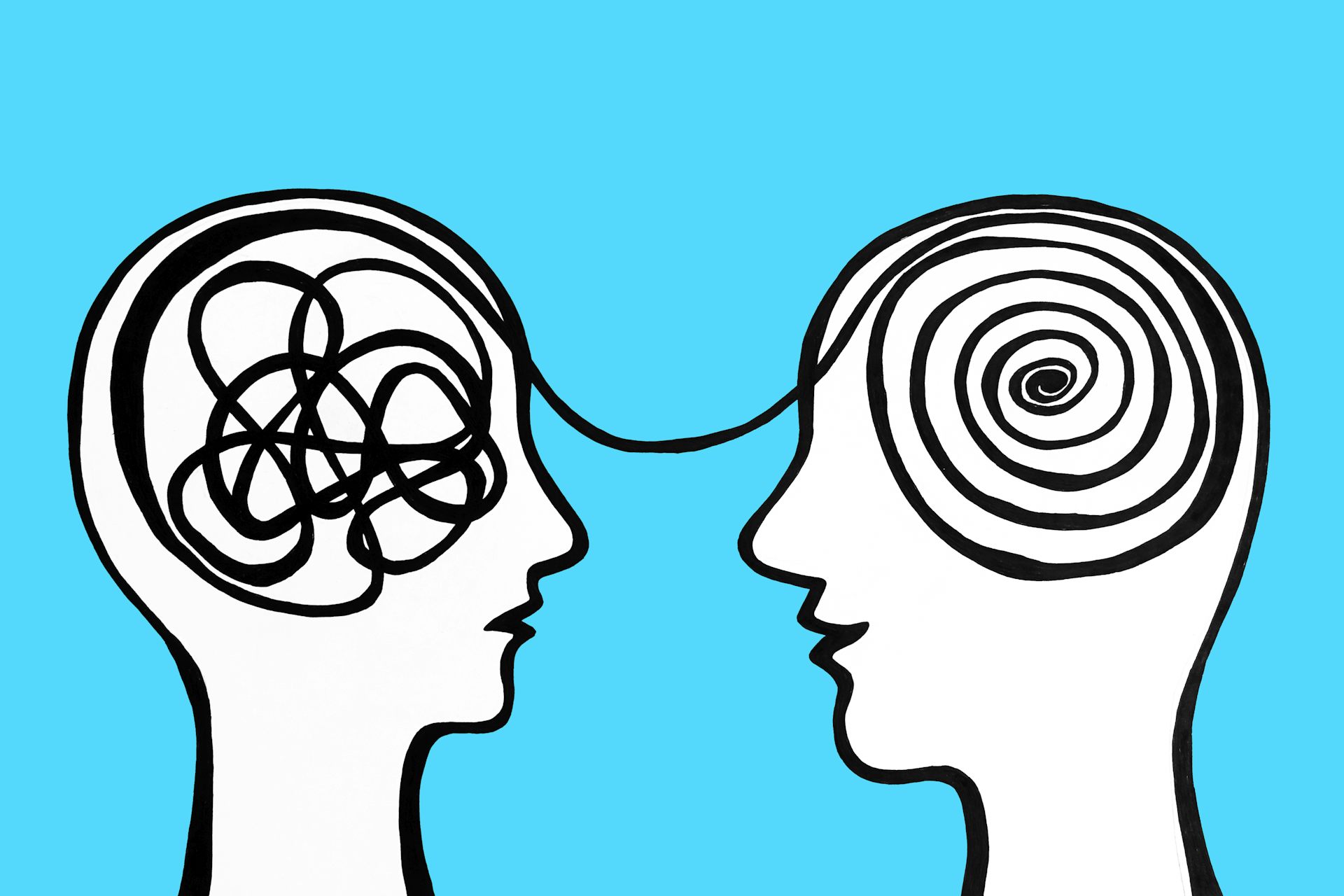Weinstein jurors must differentiate between consent and compliance – which research shows isn't easy
As the Harvey Weinstein trials start, a psychology scholar explains why jurors may be biased on the question of consent.

Did the women accusing Harvey Weinstein of sexual assault consent to his sexual advances of their own free will, or were they coerced?
Jurors’ answers to this question will be critical in determining the outcome of Weinstein’s trial, which began jury selection in New York on Jan. 7.
I’m a scholar of social influence, compliance and consent, and I’ve found that people often fail to fully appreciate the coercive dynamics of situations from the outside.
The jury’s task
Although more than 80 women have publicly accused Weinstein of sexual harassment and assault, the New York trial comes down to two accusers who say Weinstein sexually assaulted them.
Weinstein has argued that the encounters were consensual and claims as evidence emails and texts showing an ongoing, intimate relationship with one of his accusers following the alleged assault. Weinstein’s lawyer, Donna Rotunno, for her part, has stated, “I believe women are responsible for the choices they make.”
His defense team’s strategy, it appears, will be to cast doubt on the accusers’ accounts, depicting their actions as more autonomous and self-directed than the women claim their actions to have been.
To tease apart these competing accounts, jurors are likely to ask themselves, “Could these women have tried harder to avoid or remove themselves from these situations? Could they have said ‘no’ more forcefully?”
Unfortunately, research suggests that the answers people tend to come up with to these hypothetical questions don’t accurately capture how someone would actually behave in a such a situation.
We tend to imagine that people – including ourselves – would behave in bolder and more forceful ways in response to offensive and inappropriate behavior than people actually do when confronted with such behavior.

What the research says
In a classic study, researchers asked one group of women how they would respond to being asked a number of sexually inappropriate questions in a job interview.
When these women thought about this situation hypothetically, 68% said they would refuse to answer at least one of the questions, 62% said they would tell the interviewer the question was inappropriate and 28% said they would walk out of the interview.
However, when the researchers invited another group of women to take part in what they believed to be a real job interview and actually subjected them to the same questions, not a single interviewee refused to answer even one question, and hardly any explicitly addressed the inappropriate nature of the questions with the interviewer.
Moreover, participants who contemplated being asked these questions hypothetically imagined feeling angry. However, participants who actually found themselves in this situation reported feeling more afraid. Instead of confronting the interviewer out of anger, as anticipated, participants facing the interviewer in reality instead tried to appease him by smiling.
My colleagues and I have similarly found that people fail to appreciate how hard it is for someone to refuse inappropriate, intrusive and romantic requests.
In one of our studies, 86% of participants believed a “reasonable person” would say “no” to an invasive request to unlock and hand over their phone to us to look through, and 72% said they themselves would refuse to do so. However, when we asked participants to do just that, only 3% actually refused.
In another study, participants overestimated by 56% the number of students on a college campus who would refuse to vandalize a library book when asked to do so, and in yet another, we found that targets of romantic advances felt more uncomfortable saying “no” than perpetrators of such advances realized.
Compliance versus consent
What all of this means is that while people frequently feel coerced into doing things they don’t want to do, others tend not to recognize these coercive pressures.
As a result, we tend to view others’ actions as freer and more autonomous than they experience them. We assume someone must have wanted to go along with something on some level; otherwise they would just have just said “no,” or said “no” more forcefully.
The jury selection process is supposed to uncover potential biases in the hopes of assembling an impartial jury. Much has been made of the difficulty of putting together an impartial jury due to jurors’ preexisting biases against Weinstein.
However, the widespread bias toward interpreting compliance as consent means that jurors are just as likely to have biases against his accusers’ version of events. Unfortunately, these more entrenched psychological biases are less likely to come out during jury selection.
[ Insight, in your inbox each day. You can get it with The Conversation’s email newsletter. ]
Vanessa K. Bohns receives funding from the National Science Foundation. She is a member of the Academy of Management, which is a funding partner of The Conversation US.
Read These Next
Why Stephen Colbert is right about the ‘equal time’ rule, despite warnings from the FCC
The ‘equal time’ rule has been around for a century and aims to promote broadcasters’ editorial…
After a 32-hour shift in Pittsburgh, I realized EMTs should be napping on the job
A paramedic and university professor shares data about how strategic napping could help his own health…
How Dracula became a red-hot lover
Count Dracula was originally a rank-breathed predator. His transformation into a tragic romantic mirrors…






